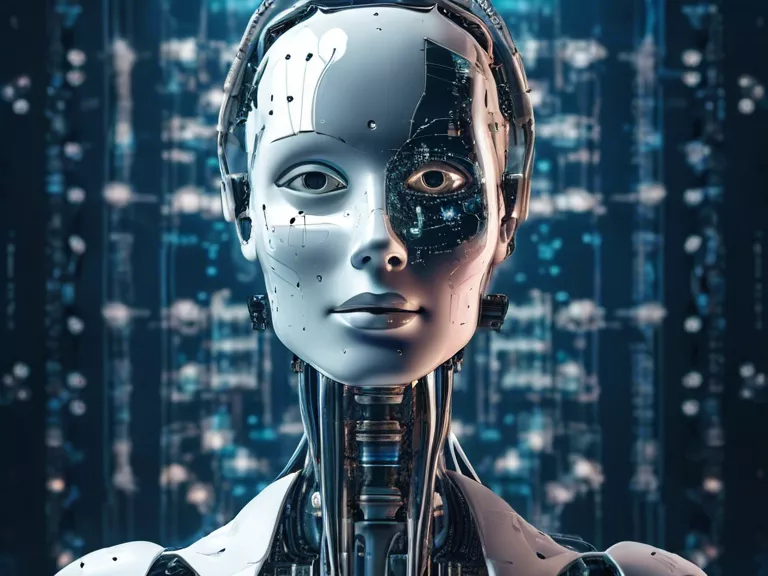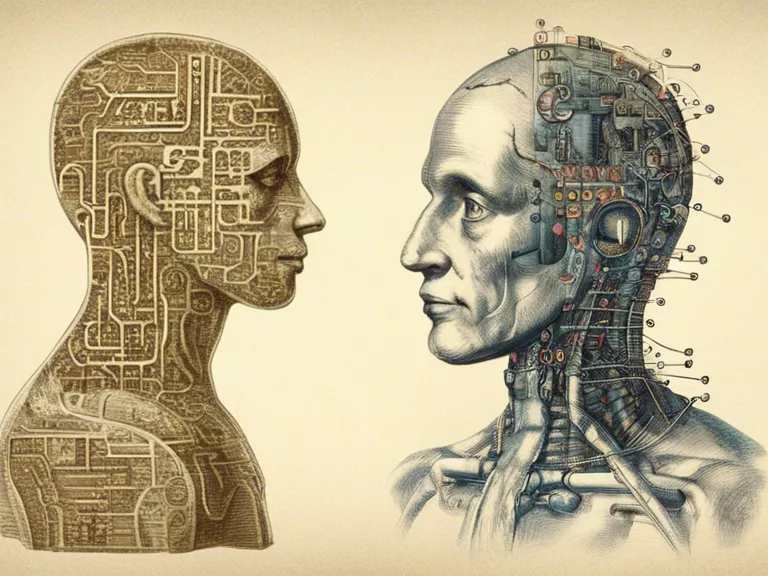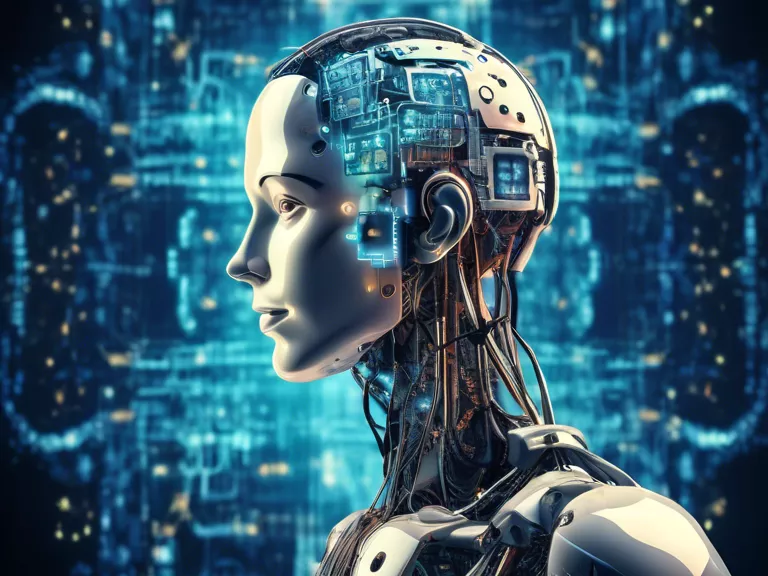
Artificial intelligence (AI) is becoming increasingly prevalent in our society, offering benefits like improved efficiency and convenience. However, as AI continues to advance, questions about its ethical implications arise. From bias in algorithms to privacy concerns, the ethics of AI are complex and multifaceted. In this article, we will explore the moral dimensions of artificial intelligence and the importance of ethical considerations in its development and use.
One of the key ethical issues in AI is bias. AI systems are only as unbiased as the data they are trained on, and if that data is flawed or contains bias, the AI algorithms will perpetuate and even exacerbate those biases. This can lead to discriminatory outcomes in areas like hiring and lending practices, healthcare decisions, and more. It is critical for developers and users of AI to proactively address bias in AI systems and ensure that they are fair and equitable.
Another ethical concern is the impact of AI on jobs and the economy. As AI continues to automate tasks traditionally performed by humans, there is a risk of job displacement and income inequality. It is important for policymakers to consider how to mitigate these effects through measures like job retraining programs and universal basic income.
Privacy is also a major ethical issue in AI. AI systems often rely on vast amounts of personal data to function, raising concerns about data privacy and security. It is essential for organizations that collect and use personal data to be transparent about their practices and take steps to protect user privacy.
In conclusion, the ethics of AI are crucial in ensuring that this technology benefits society as a whole. By addressing issues like bias, job displacement, and privacy, we can create a future where AI is used ethically and responsibly.
No Website Lists.

